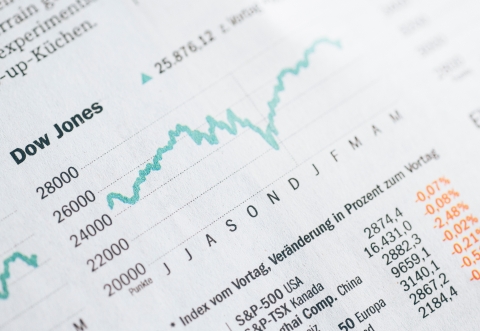Capital markets
Investment managers, acting on behalf of their retail and institutional clients, are among the largest investors in financial markets. They represent a key component of the market’s “buy-side” segment.
In representing the interests of its members on wholesale capital market issues, EFAMA advocates for fair, deep, liquid, and transparent capital markets, supported by properly regulated and supervised market infrastructure.
EFAMA responds to EC draft DA on integration of ESG into MiFID II
EFAMA's reply to ESMA's CP on PTRR services with regards to the clearing obligation
Advancing EU capital markets: Prioritising key targets for the Savings and Investments Union
Building resilience in capital markets: How to prevent ‘dashes for cash’ during financial crises?
This article was first published in the 23rd edition of the Fact Book on 24 June 2025.
Brave New World… of Investing
This article was first published in the 23rd edition of the Fact Book on 24 June 2025.
Advancing EU capital markets: Prioritising key targets for the Savings and Investments Union
Household Participation in Capital Markets
This report analyses the progress made in recent years by European households in allocating more of their financial wealth to capital market instruments (pension plans, life insurance, investment funds, debt securities and listed shares) and less in cash and bank deposits. It also includes policy recommendations on improving retail participation in capital markets, including for the Retail Investment Strategy currently under discussion.
Some key findings include:
Buy-side use-cases for a real-time consolidated tape
A real-time consolidated tape, provided it is made available at a reasonable cost, will bring many benefits to European capital markets. A complete and consistent view of market-wide prices and trading volumes is necessary for any market, though this is especially true for the EU where trading is fragmented across a large number of trading venues. A real-time consolidated tape should cover equities and bonds, delivering data in ‘as close to real-time as technically possible’ after receipt of the data from the different trade venues.





































